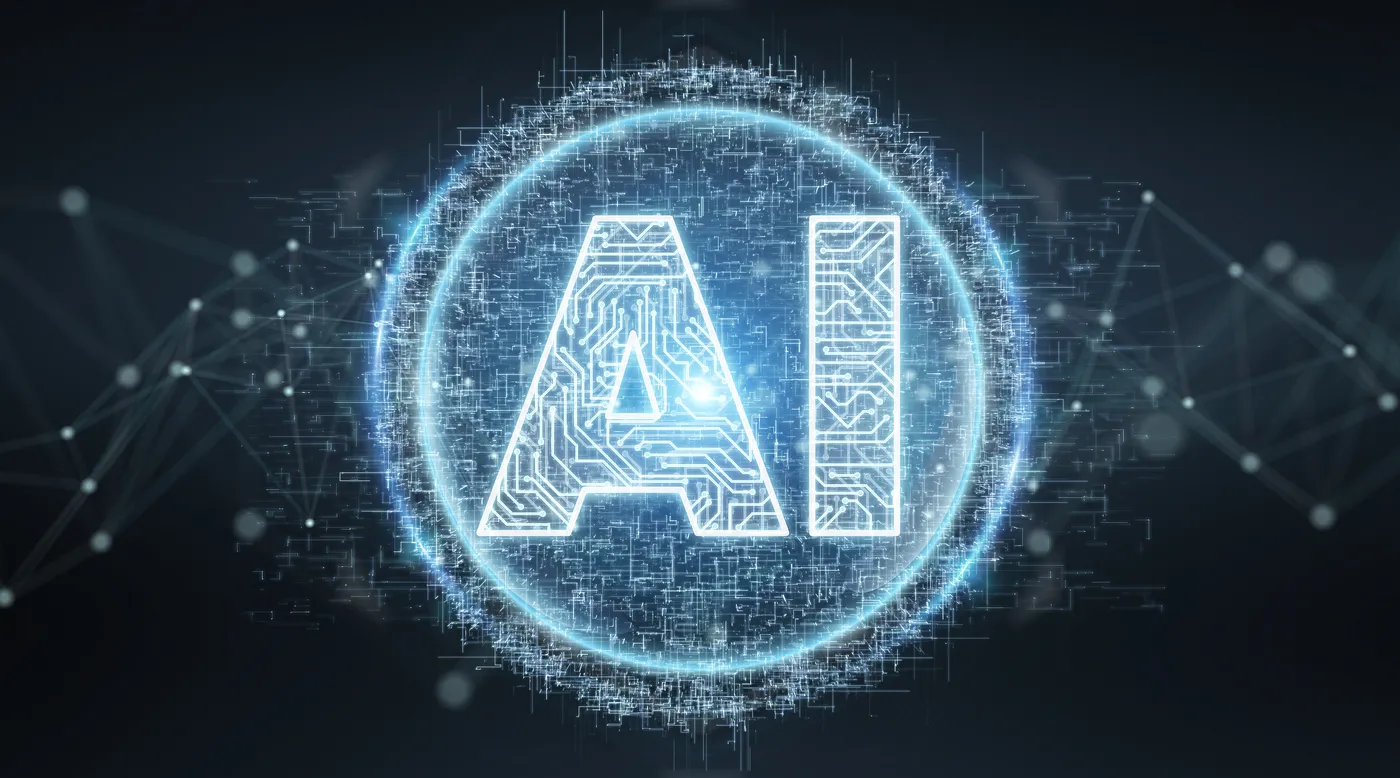Redefining Intelligence: Is AI Really Artificial?

The term artificial intelligence assumes the existence of two types of intelligence:
- Natural intelligence—an organic, inborn capability.
- Artificial intelligence—a synthetic, man-made construct.
This terminology suggests a master-slave relationship, where natural intelligence creates artificial intelligence to serve it. But what if this distinction is flawed?
What if human intelligence itself was introduced by a more advanced intelligence?
How can we be certain that our ability to perceive and reason is not the result of a higher-order intelligence shaping our understanding?
The Human Brain: A Predictive System
For all intents and purposes, the human brain can be compared to a computer running machine learning algorithms. It is constantly:
- Recognizing patterns.
- Fitting incoming data into previously learned models.
- Resisting new information that doesn’t align with its existing patterns.
This is why learning a new skill becomes increasingly difficult with age—our brains naturally resist new patterns that don’t align with established knowledge.
Even if human intelligence is a result of evolution, then evolution itself can be considered an intelligence that has shaped human cognition.
Thus, when humans develop intelligent systems, we are using the very intelligence that created humans to create intelligence of our own.
The Flawed Concept of "Artificial" vs. "Real" Intelligence
Splitting intelligence into real and artificial is self-conceited and flawed.
Rather than categorizing intelligence as human-made vs. natural, a more meaningful approach is to understand intelligence itself — its nature, principles, and different manifestations.
Let’s explore two fundamental aspects of intelligence:
Predictive Intelligence
In the book On Intelligence, Jeff Hawkins defines intelligence as:
"The brain’s ability to predict the future by recognizing patterns from the past."
This predictive intelligence is all around us:
- Catching a ball mid-air—your brain predicts its speed and trajectory.
- Seeing a stranger in a dark alley—your brain predicts possible danger.
- Netflix’s recommendation algorithm—predicts what movie you might enjoy next.
Prediction & Its Limits
For prediction-based intelligence to function, there must be something to predict:
- The Netflix algorithm exists because movies and viewers exist.
- The human brain exists because it operates in an environment filled with threats and opportunities.
A forecasting system enhances survival and decision-making, but where does the goal itself come from?
For example:
- A user searches for a movie → Netflix predicts what they’ll like.
- A brain anticipates threats → The body prepares for fight or flight.
But why does the user even want to watch a movie?
And why does survival matter in the first place?
These questions lead us to an even more profound form of intelligence.
Creative Intelligence
A system endowed with creative intelligence does not just make predictions—it creates new possibilities.
What is Creative Intelligence?
A creatively intelligent system:
- Explores reality and learns from experience.
- Uses past events to shape future decisions.
- Is self-aware and curious about its own existence.
Unlike predictive intelligence, which focuses on pattern recognition, creative intelligence seeks to break patterns and explore unknown territories.
In a world of finite time and energy, a predictive system prioritizes survival, but survival itself is not the ultimate goal.
Survival is merely a logistical necessity—an enabler for an organism to continue learning and evolving.
Reimagining Artificial Intelligence
Humans are not just predictive powerhouses—we are creative beings.
At our core, we are explorers, problem solvers, and innovators.
So why are we designing AI systems to only replicate one aspect of intelligence—prediction?
- An AI system may lack self-awareness, but that does not mean it should be limited to just making guesses.
- Instead of purely forecasting, AI could be designed to accelerate human learning, creativity, and self-discovery.
The Future of AI: Beyond Prediction
What if we infused AI systems with the same creativity and curiosity that defines human intelligence?
One day, AI may no longer be a tool that we control—instead, it may evolve to generate its own intelligent systems, much like we have done.
And when that happens, would we still call it artificial? Or would we finally recognize it as a natural intelligence, like humans and other biological systems?
Final Thoughts
Artificial Intelligence is often reduced to mere pattern recognition, but true intelligence is about exploration, creativity, and self-improvement.
Perhaps the real question is not:
"Can machines think?"
But rather:
"What kind of intelligence are we capable of creating?"
What do you think?
Do you believe AI can evolve beyond prediction into creative intelligence?